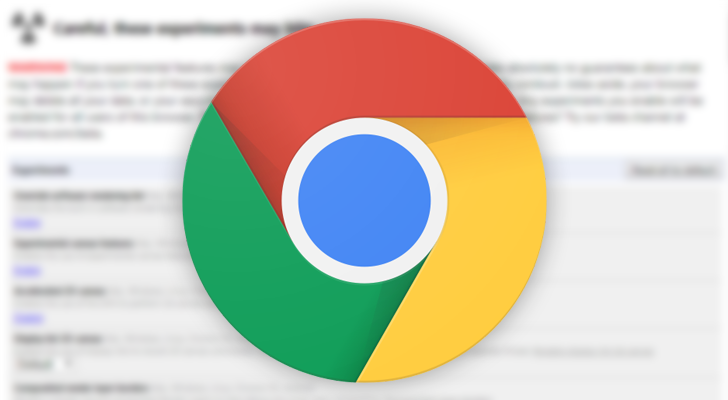
Google recently changed Chrome’s release cycle from its usual six weeks to four, which means Chrome 100 has been creeping up on us a lot faster lately. It should be landing on the Canary release channel next month, and from there, it’s going to take a few more months to make its way down to the stable branch (currently on Chrome 96). We’re not expecting 100 to be a particularly revolutionary update in terms of feature-set or anything, but it does at least have the potential to be quite interesting, as it may or may not end up breaking a bunch of websites.
The issue affects mostly sites made with web design kits such as Duda, as per the Chromium Bug Tracker (via 9to5Google). These websites read your browser’s User Agent string to see what Chrome version you’re running — unfortunately, sites using Duda only read the first two digits of that number.
That’s not a problem right now, but it’s going to become an issue once version numbers are three digits instead of two. You don’t want websites thinking you’re running Chrome 10 — there’s a genuine chance a lot of them will outright block access for you. If this isn’t resolved in time, it also probably won’t be the kind of problem you can fix by quickly swapping browsers, as a lot of them are actually based on Chromium now.
For this to not happen, web developers will have to find a way to parse three-digit version numbers correctly before Chrome 100 rolls out. If you’re using Chrome 97 beta and up, Google has added a test flag that show your browser as v100 to websites, in order for them to troubleshoot and get ready for the change.
Google is actively coming up with solutions and working with developers to help avoid this awkward scenario. One last-ditch effort for older websites that have little-to-no chance of getting updated would see Chrome locking the first two numbers to 99 and then putting the actual version number in the second set of digits. That doesn’t sound like the most elegant solution, but it might just work in a pinch.
Will Google successfully avoid this from becoming a Y2K situation? Only time will tell, and right now we don’t have a lot.
